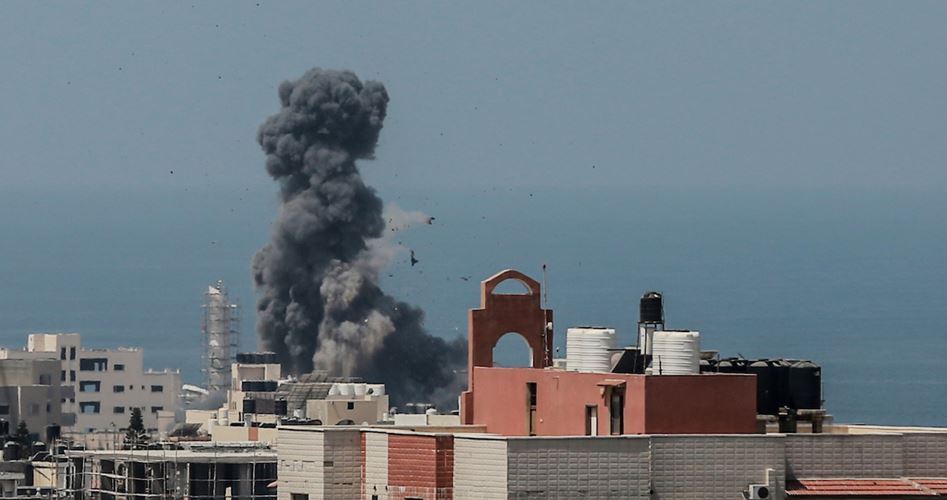By: Dr. Muhammad Akram Zaheer
In response to the international backlash, Israel promised to provide evidence, including a secret document containing evidence of the groups’ alleged terrorist ties, but has so far failed to convince a single government or donor. The European Union investigation concluded that Israel’s evidence did not meet the required standard of proof. A group of UN human rights experts similarly said Israel had failed to provide any public concrete and credible evidence against the groups. In July, the EU’s nine donor countries – Belgium, Denmark, France, Germany, Ireland, Italy, the Netherlands, Spain and Sweden – issued a joint statement categorically rejected the Israeli allegations and citing a lack of evidence. They announced their intention to continue funding to Six Palestinian NGOs, though reportedly the US Central Intelligence Agency (CIA), have found nothing to back up the Israeli allegations, and the Biden administration has largely avoided commenting on the matter.
Last week, during the military crackdown on NGOs has drawn even more outcry from the international community. The United Nations Human Rights Office has described this move by Israel as completely illogical. In a very public show of solidarity on the day of the raids, representatives of EU diplomatic missions including Germany, Mexico, Poland, the UK and others met with representatives of the six targeted groups, even forcing the US to break its silence. They forced to publicize that it was “concerned” about Israel’s closure of organizations and for the first time expressed that the evidence provided by Israel did not support any justification that civil society take action against organizations. Until the international community, and particularly the United States, are prepared to pressure Israel to change the course of incursion, such gestures may force Israeli authorities for some pause.
Israeli attacks on Palestinians and the International Response


